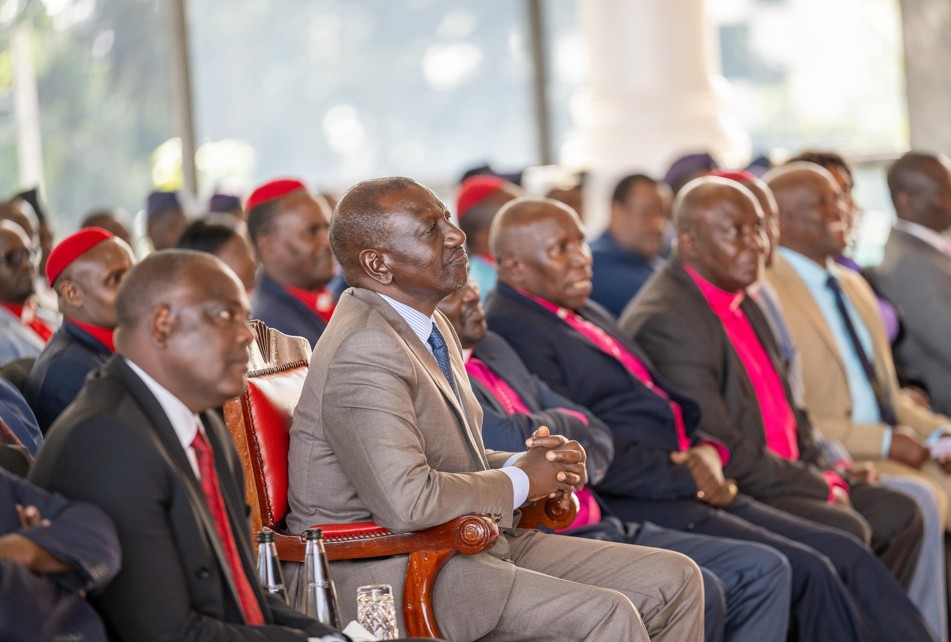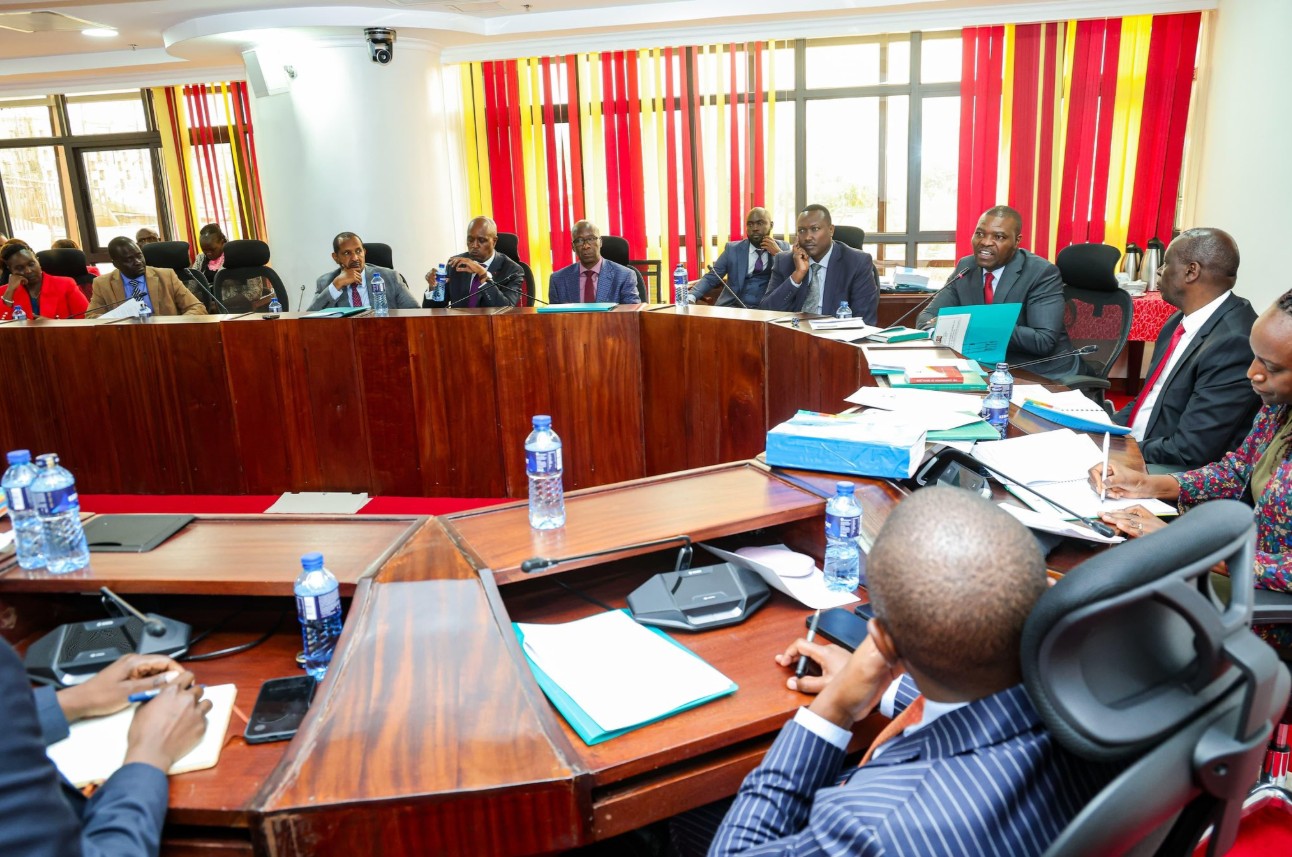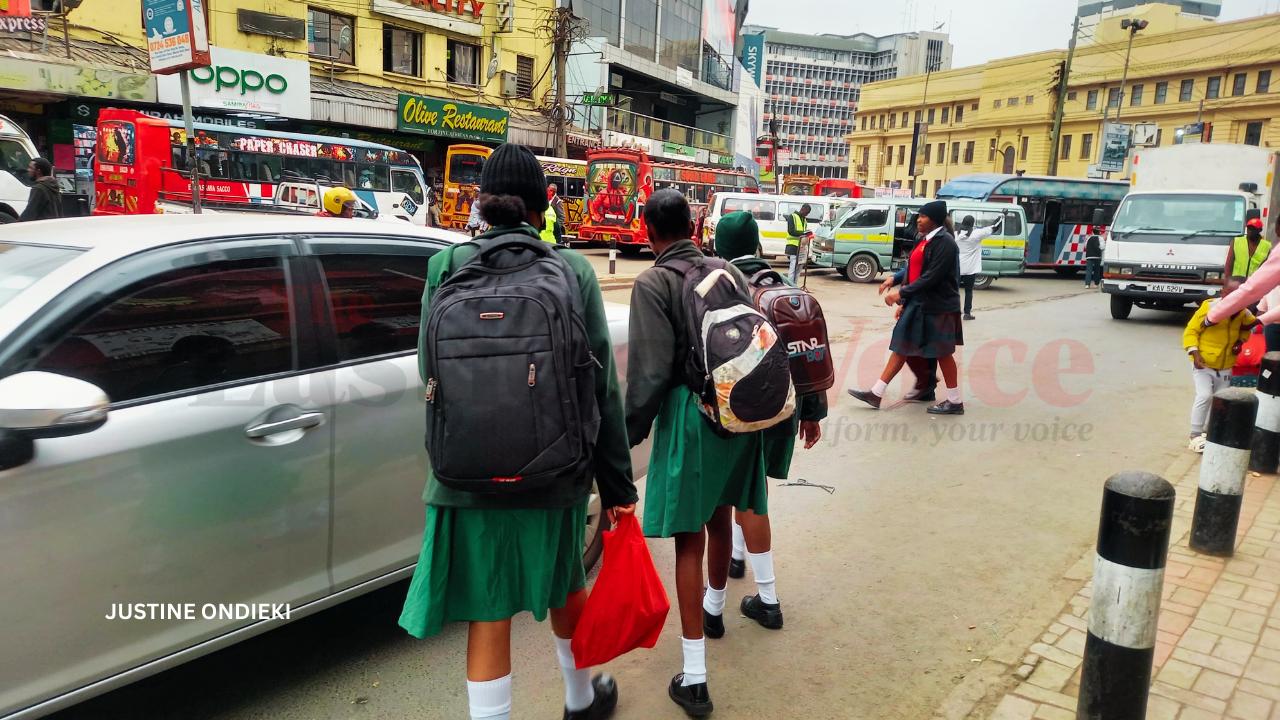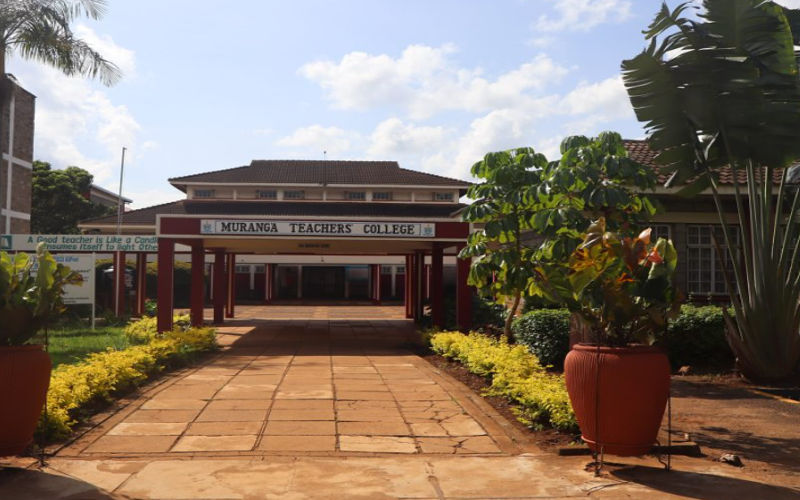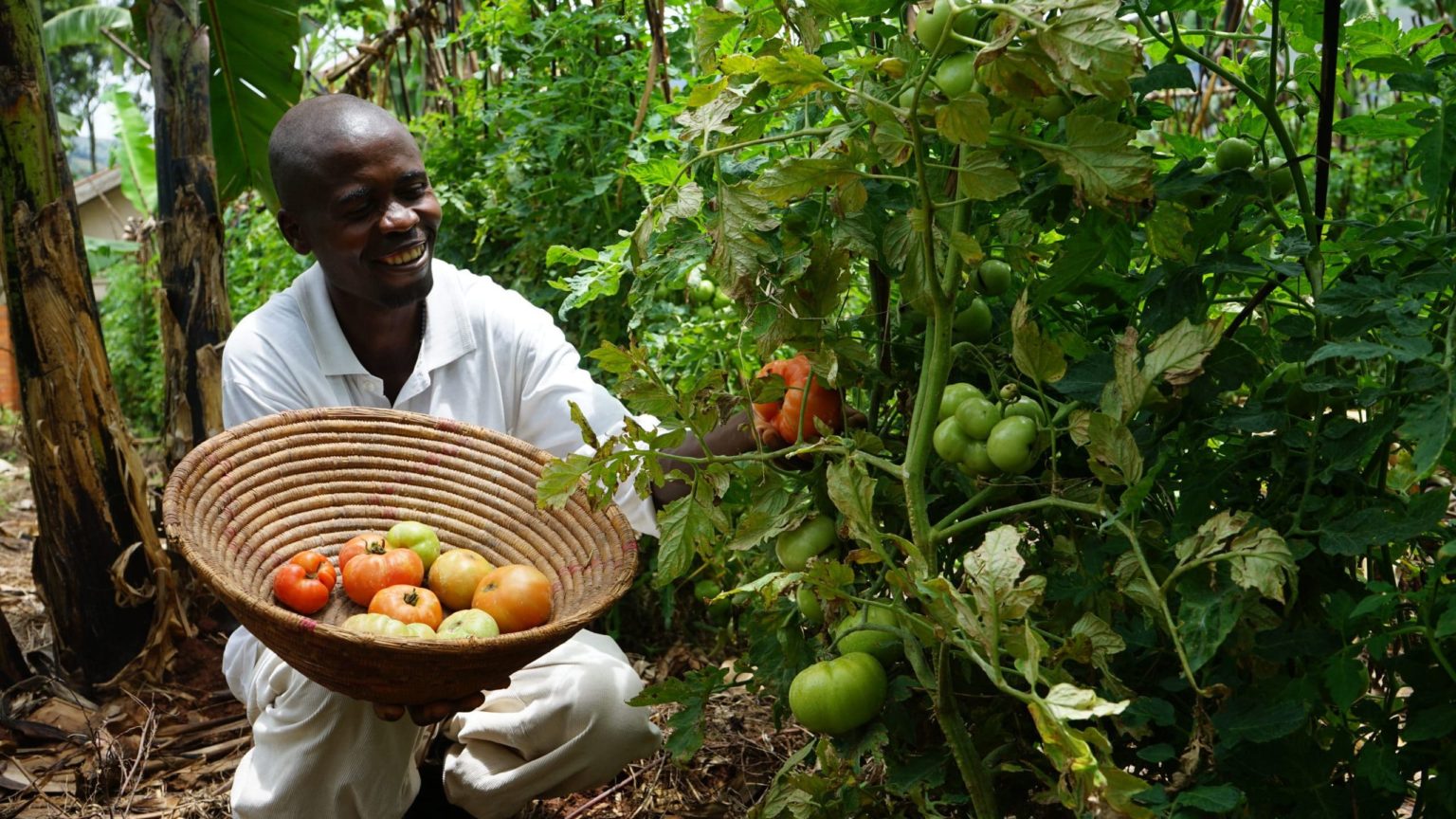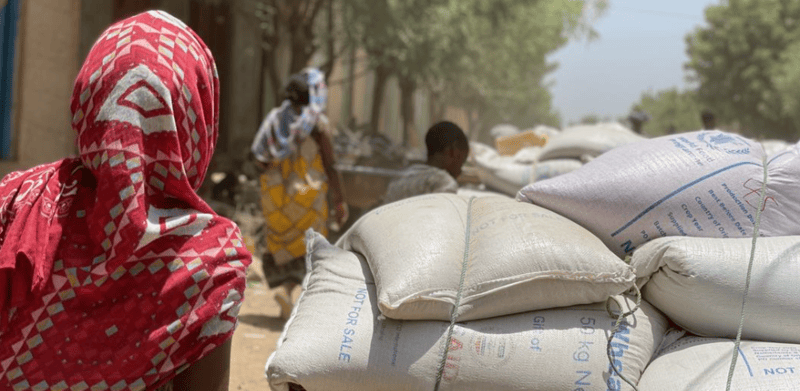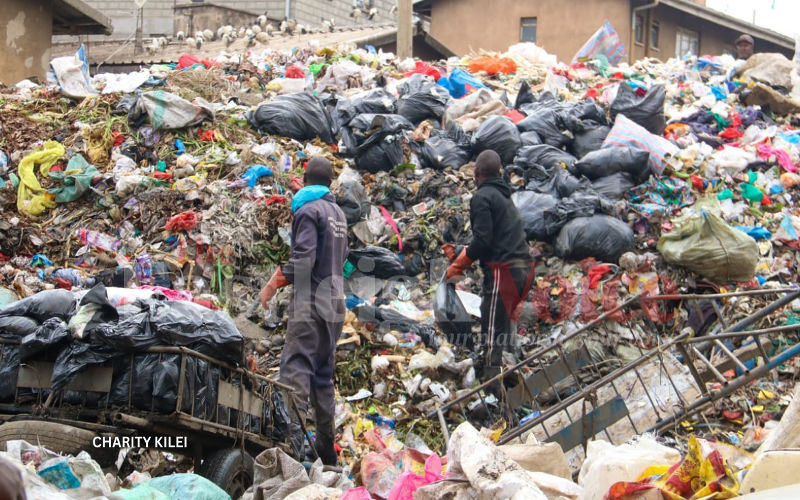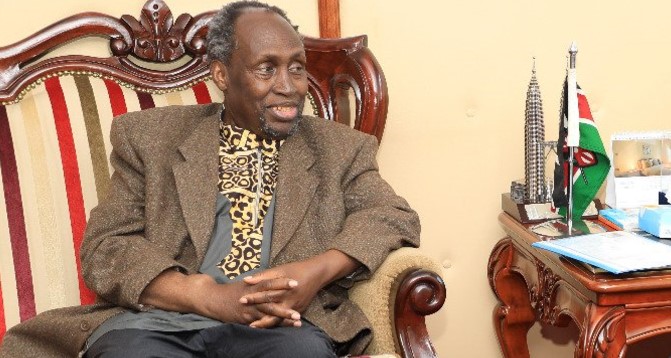DIG Gilbert Masengeli insists Nairobi CBD accessible despite police barricades
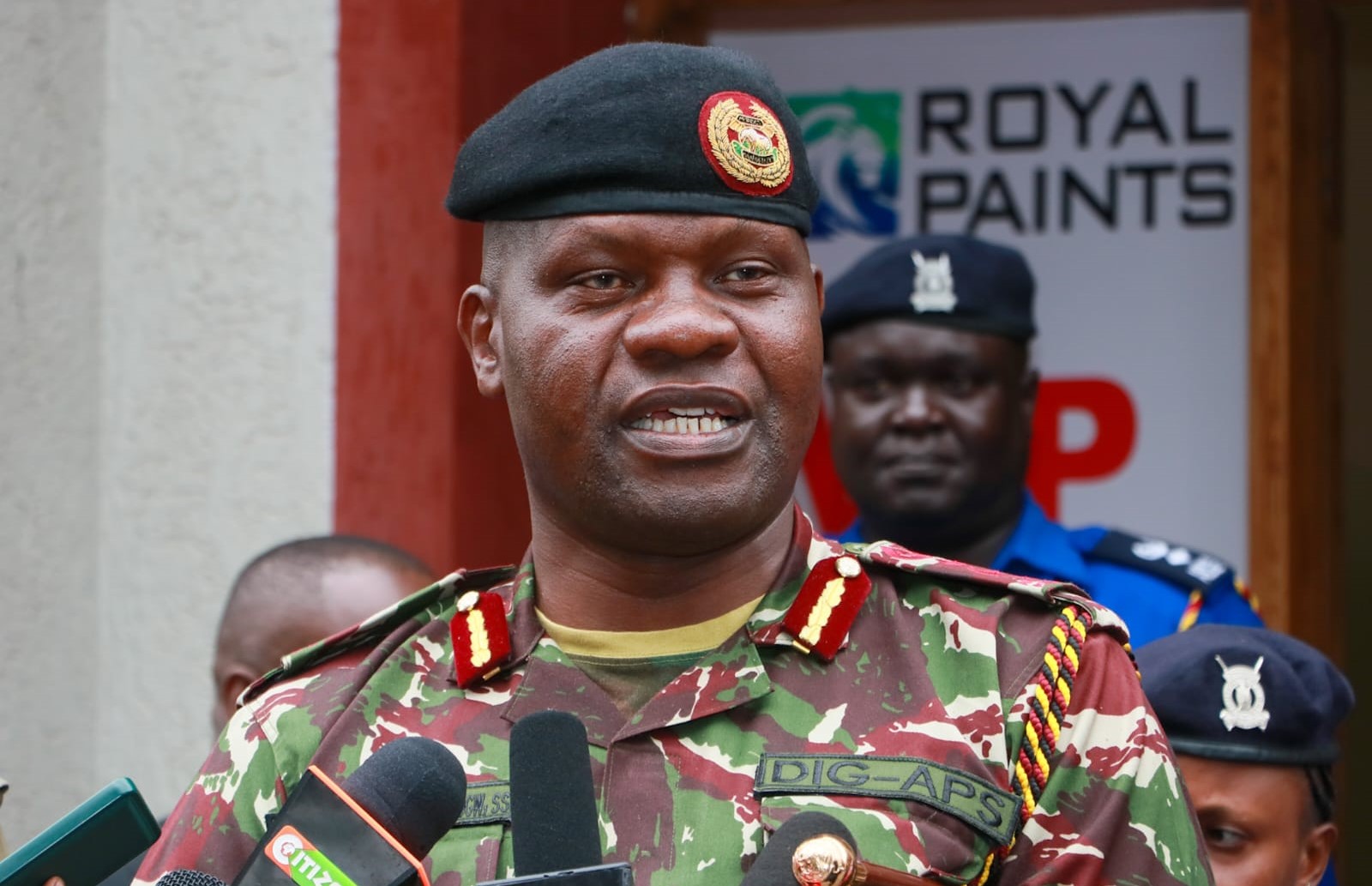
Deputy Inspector General of Police Gilbert Masengeli insisted that no one was being turned away, despite widespread disruption and restricted vehicular access.
Police have denied reports of restricting access to Nairobi’s city centre, even as most Kenyans were forced to trek long distances or return home after officers barricaded key roads on Saba Saba Day.
Speaking on Monday, Deputy Inspector General of Police Gilbert Masengeli insisted that no one was being turned away, despite widespread disruption and restricted vehicular access.
More To Read
- Boda boda association calls for arrest of suspects in Thika Road vehicle torching
- CS Ruku announces new Huduma Centre in Elwak, calls for mass ID registration in north eastern
- KHRC slams police for inaction over attack on mothers’ briefing ahead of Saba Saba
- Family recounts Harrison Wachira's final moments during Saba Saba Day protests
- Return stolen goods or else! Kirinyaga traders issue 14-day ultimatum to looters following Saba Saba chaos
- City businessman Kakan Maiyo freed on Sh10,000 police cash bail after dramatic arrest
“Everybody is getting into the CBD, everybody is going for duty as normal,” Masengeli said during an early morning patrol alongside General Service Unit Commandant and National Police Service Director of Operations Adamson Bungei.
“You’ll not be turned away. Ours is just to urge everybody to keep peace and confine within the rule of law.”
However, a spot check by The Eastleigh Voice painted a different picture. Long queues of stranded commuters were observed at roadblocks, particularly along Thika Road, Waiyaki Way, Mombasa Road and Lang’ata Road, where both personal and long-distance vehicles were either diverted or completely halted.
The city was at a standstill after police officers mounted roadblocks on major highways and feeder roads starting as early as 4:00 am. At multiple checkpoints, motorists were turned away, and many residents attempting to access the CBD were forced to abandon their journeys, with public transport operations largely paralysed.
Residents told The Eastleigh Voice that police had blocked all vehicular movement into the city, allowing only government vehicles and those handling emergencies to pass. Pedestrians were permitted through on foot, though some opted to return home due to safety fears or distance.
Other affected areas included; Mombasa Road (near Sameer Business Park), Aerodrome Road (next to 1824 Club, Madaraka), Kiambu Road (near CID Headquarters), Ngong Road, Roysambu Roundabout, Spring Valley Road, Road (UN Avenue), Donholm, Madaraka Roundabout (towards Nyayo Stadium), Kenyatta Avenue, Uhuru Highway, Valley Road, Jogoo Road, and Thika Road.
In Mombasa, similar blockades were set up in Likoni, Nyali and Changamwe, where officers carried out intensive security checks.
The closure sparked outrage among Kenyans online, with many accusing the government of violating the constitutional right to movement and disrupting daily livelihoods. Civil servants and other professionals were among those affected, despite an earlier directive by Public Service Cabinet Secretary Geoffrey Ruku requiring all government workers to report to duty.
Several learning institutions also advised students to stay at home, citing safety concerns. Meanwhile, business owners, fearing a repeat of recent looting incidents, reinforced their shops with metal grills and temporarily closed operations across town.
Saba Saba marks the July 7, 1990, protests demanding multi-party democracy under former President Daniel Arap Moi’s regime. This year’s commemorations took place amid renewed anti-government protests led by a frustrated youth population decrying high taxes, unemployment, corruption and repeated police brutality.
In recent weeks, the demonstrations have escalated into violent confrontations, leaving dozens dead and widespread destruction of property. Protesters now accuse the government of using infiltrators to incite chaos and delegitimise their movement, a claim the State has denied, instead branding the protests an “attempted coup”.
As of Monday afternoon, Nairobi remained tense and heavily policed, with an eerie calm and significantly reduced activity across the CBD.
Top Stories Today
Reader Comments
Trending


